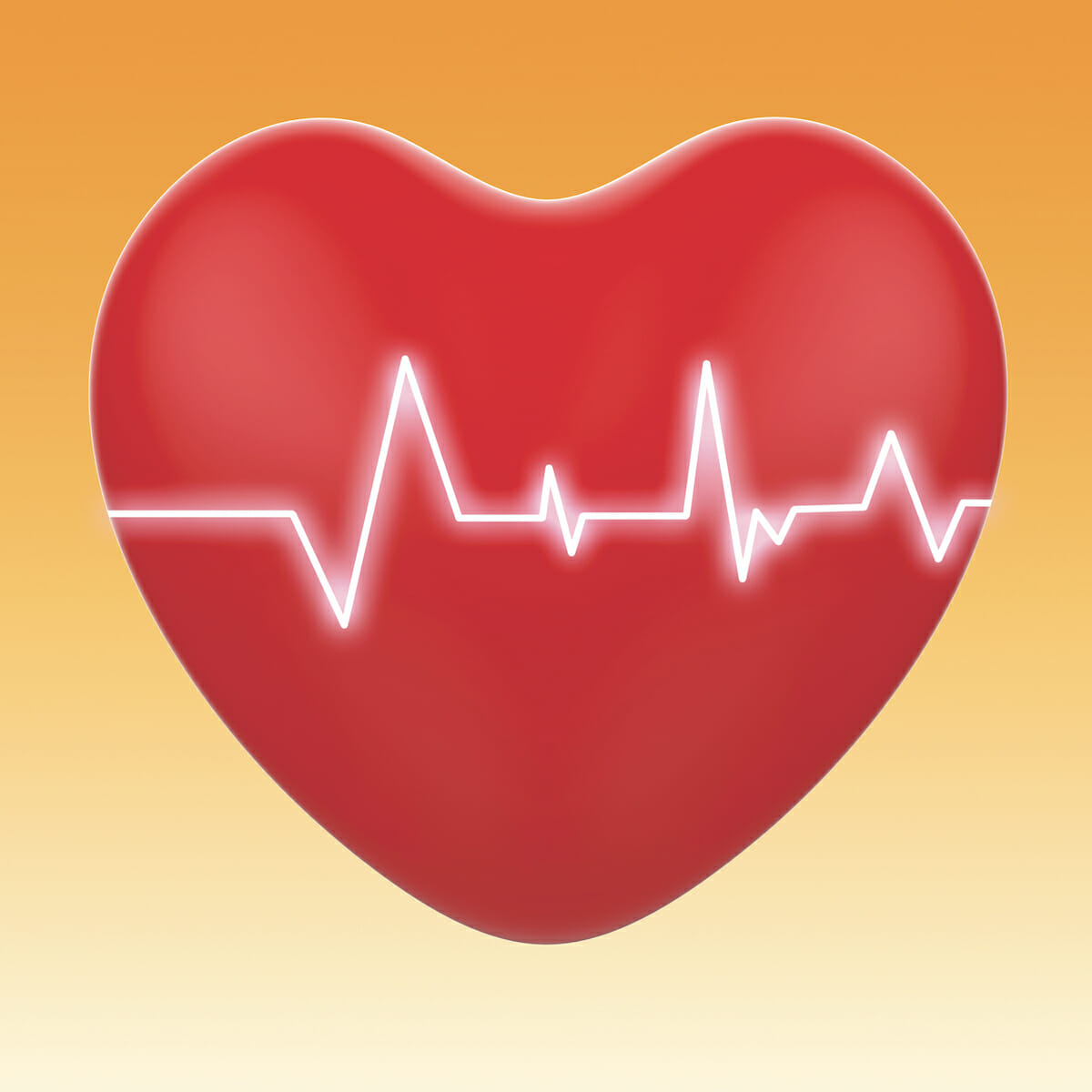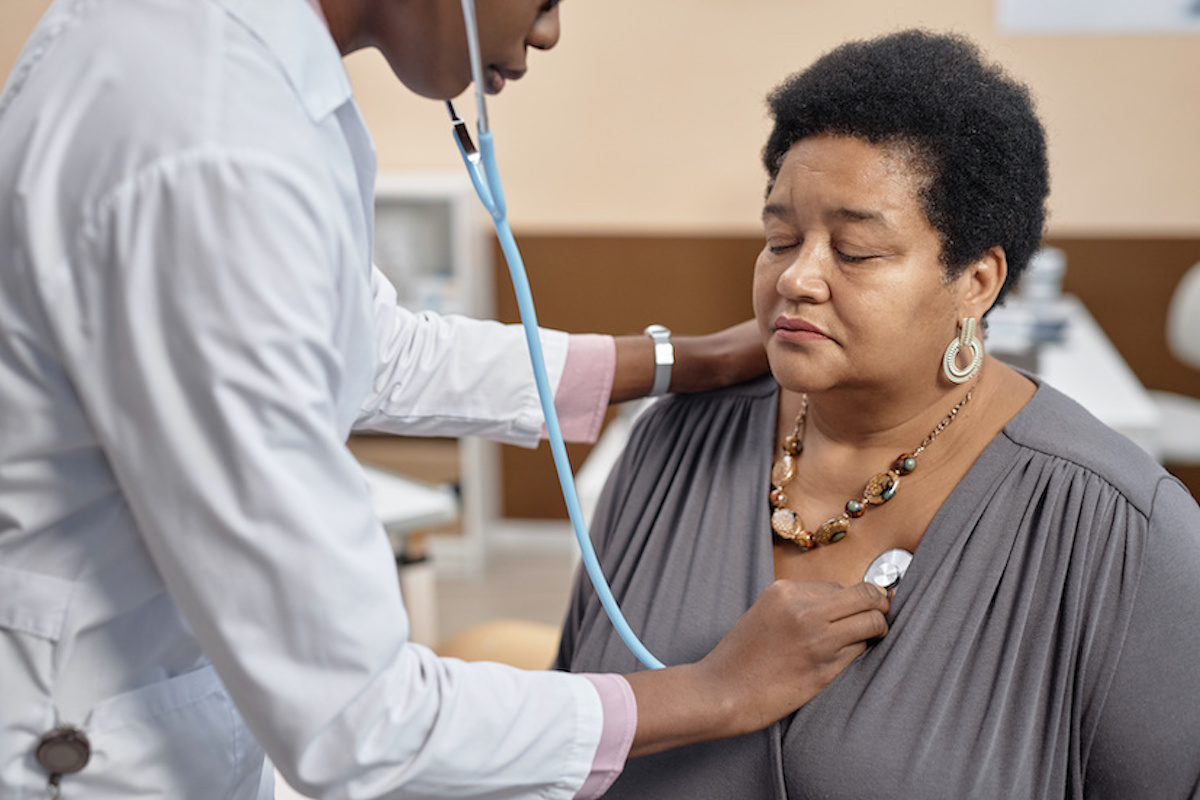Ninety percent of patients with elevated blood pressure, nearly all of whom were black, tested positive for subclinical hypertensive heart disease, despite having no symptoms or history of heart disease. The results of a small study of urban emergency patients were published in Annals of Emergency Medicine (“Subclinical Hypertensive Heart Disease in African-American Patients with Elevated Blood Pressure in an Inner-City Emergency Department”).
The study results presented a tremendous opportunity to screen for heart disease before it becomes symptomatic, especially in a population with high rates of hypertension. If physicians can detect incipient heart disease early, they have a better shot at treating it before it turns into a full-blown health emergency. The study is also a strong reminder that emergency patients with chronic disease—in this case, hypertension—are generally a high-risk group.”
African-Americans are in the highest risk group—the vast majority diagnosed with heart disease had diastolic dysfunction, or a heart with impaired ability to pump blood to the body, brain and lungs.
Emergency physicians are uniquely positioned to lessen the overall impact of chronic high blood pressure in at-risk communities. Blood pressure readings are taken for every patient in the ER. By not just taking in new information but also acting on it, physicians can substantively contribute to much needed secondary disease prevention efforts.
Source: Annals of Emergency / American College of Emergency Physicians. For more information visit www.acep.org.
Exclusive content from CARE magazine












